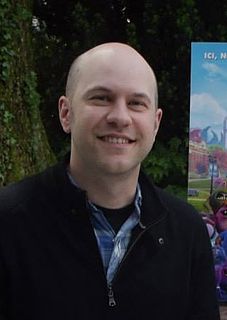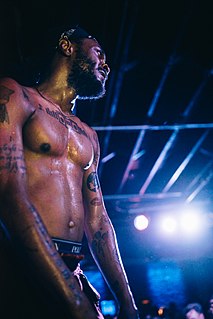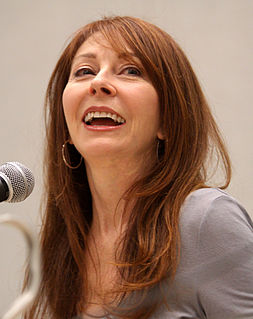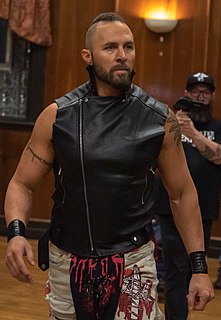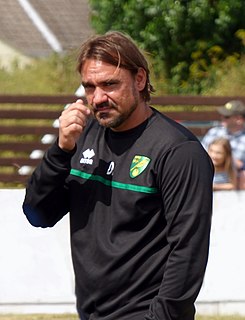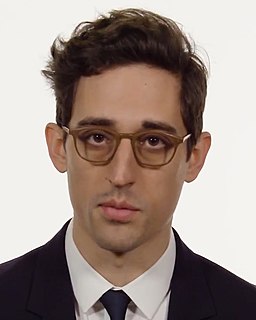A Quote by Rob Lowe
It was a little company that released [Bad Influence], it was really ahead of its time... I'm really proud of it. And it's Curtis Hanson. He'd directed a small movie before that, but it was his first directorial work that really worked.
Related Quotes
Before all this happened, I always used to see my stammer as being a negative, all my life, but then when I went on 'Pop Idol,' and the first time I saw it on television, it was really, really bad, but also it made me stand out; it made people remember me. So for the first time in my life, it worked to my advantage.
I've never acted before in a movie I've directed. This felt like the time to do it just because the " Leaves of Grass" movie itself is so much of a platform for the lead actor. It's really written for an exciting performance and it really depends on the audience watching an extraordinary actor having a great time pulling off this feat. It makes sense to me as a director to act in support of that.
I learned a great lesson early on, even before I was really an actor, from that movie 'Planes, Trains & Automobiles' that John Hughes made: that you could make a movie that's really, really, really, really funny, and sometimes you can still achieve... making the audience feel very deep emotions as well.





